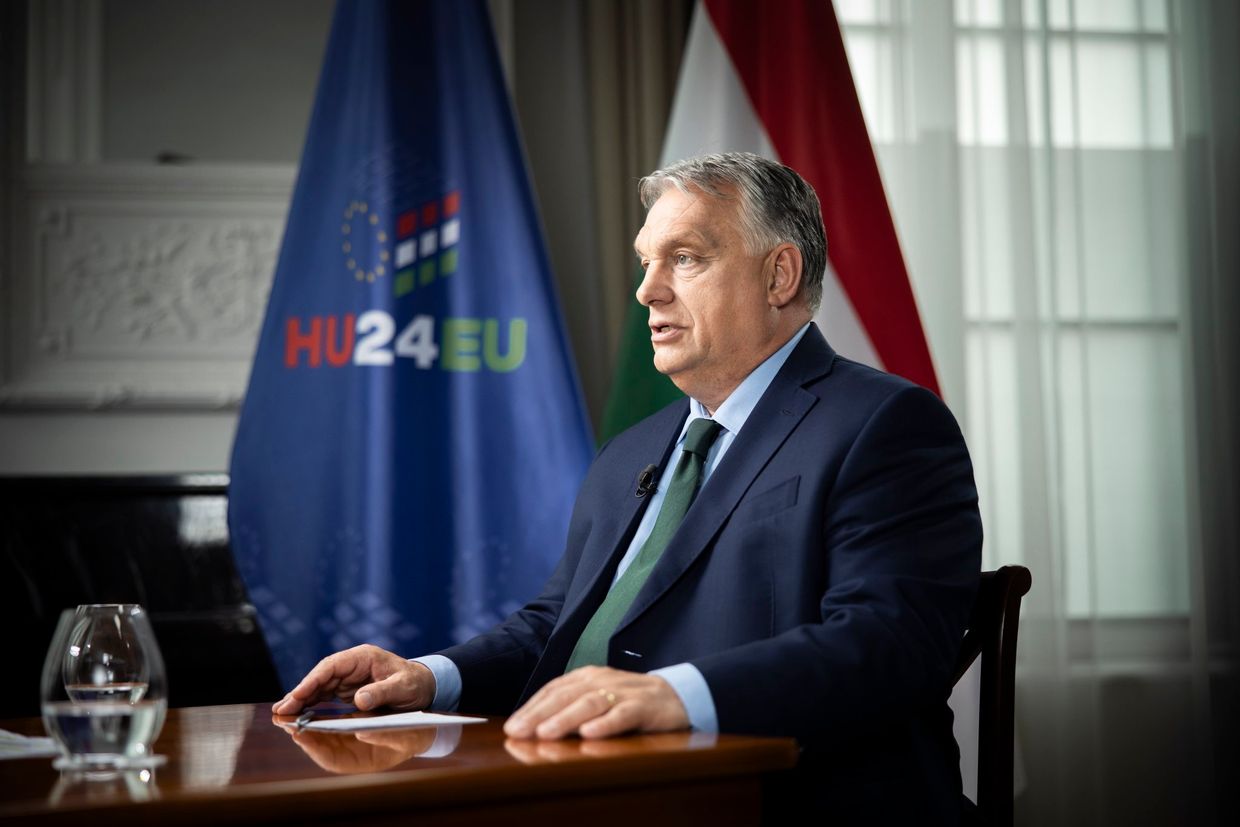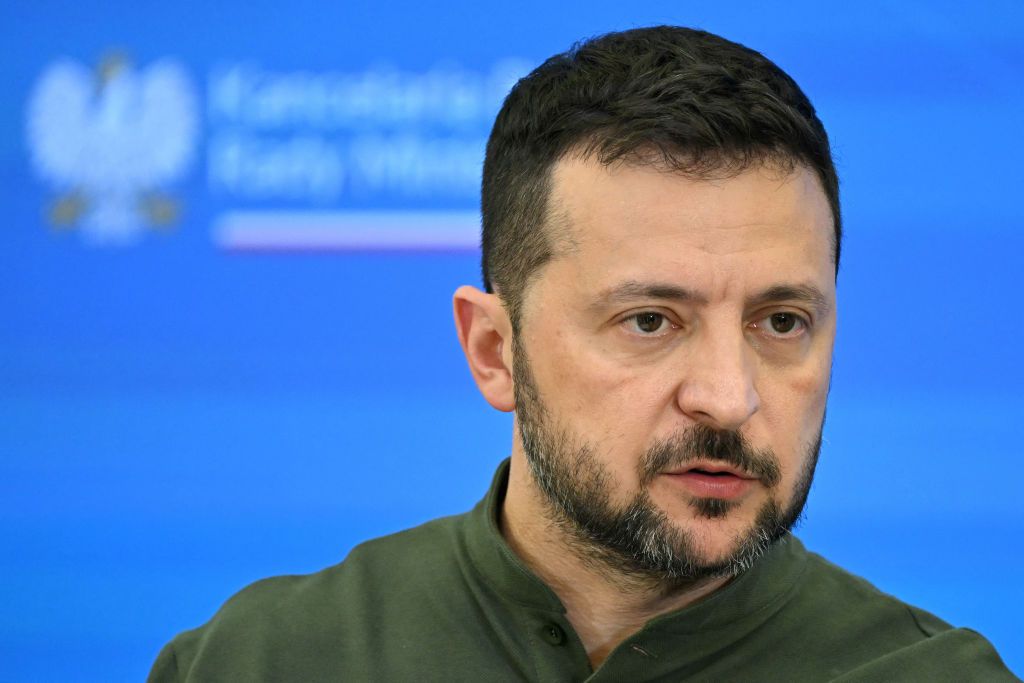Orban pitches 'peace proposal' to EU after Kyiv, Moscow trips

Hungarian Prime Minister Viktor Orban presented Budapest's proposal on how to achieve peace between Russia and Ukraine in a letter sent to European leaders, a Hungarian government official said in an interview published on July 15.
Speaking to the government-friendly outlet Magyar Nemzet, the prime minister's political director, Balazs Orban (no relation), said that Hungary's plan "is based on a realistic situation assessment, realistic goals, and realistic schedule."
Shortly after Hungary took over the rotating presidency of the Council of the EU, Viktor Orban set off for what he dubbed a "peace mission" in Kyiv, Moscow, and Beijing, concluding the tour by meeting the presumptive Republican nominee for the U.S. presidential election, Donald Trump.
Orban's visit to Moscow and, namely, his meeting with Russian President Vladimir Putin has sparked outrage across the EU, with Brussels stressing that the venture has in no way represented the bloc.
While the prime minister acknowledged that the EU presidency does not give him a mandate to lead negotiations, Balazs Orban said in the interview that the six months of Hungary's chairmanship should be used to "create conditions for peace."
Hungary has maintained close relations with Moscow throughout the full-scale war, obstructed sanctions against Russia, and delayed military aid to Kyiv, alleging that it merely "prolongs" and "escalates" the war.
Balasz Orban hinted that other actors on the international stage are worth engaging to work toward peace without naming specific countries. The official also praised Trump as a person committed to peace while criticizing the current EU and U.S. leadership as "pro-war," reiterating Budapest's long-standing narrative.
Trump, who has recently survived an assassination attempt, has repeatedly pledged to end the war in Ukraine within 24 hours without elaborating on what steps he would take. According to various media reports, this could include pressing Ukraine to cede territory to Russia.
"(Viktor) Orban's plan is now on the desk of every EU prime minister. Our approach is based on a realistic situation assessment, realistic goals, and an appropriate schedule," Balazs Orban said without revealing any details of the proposal.













